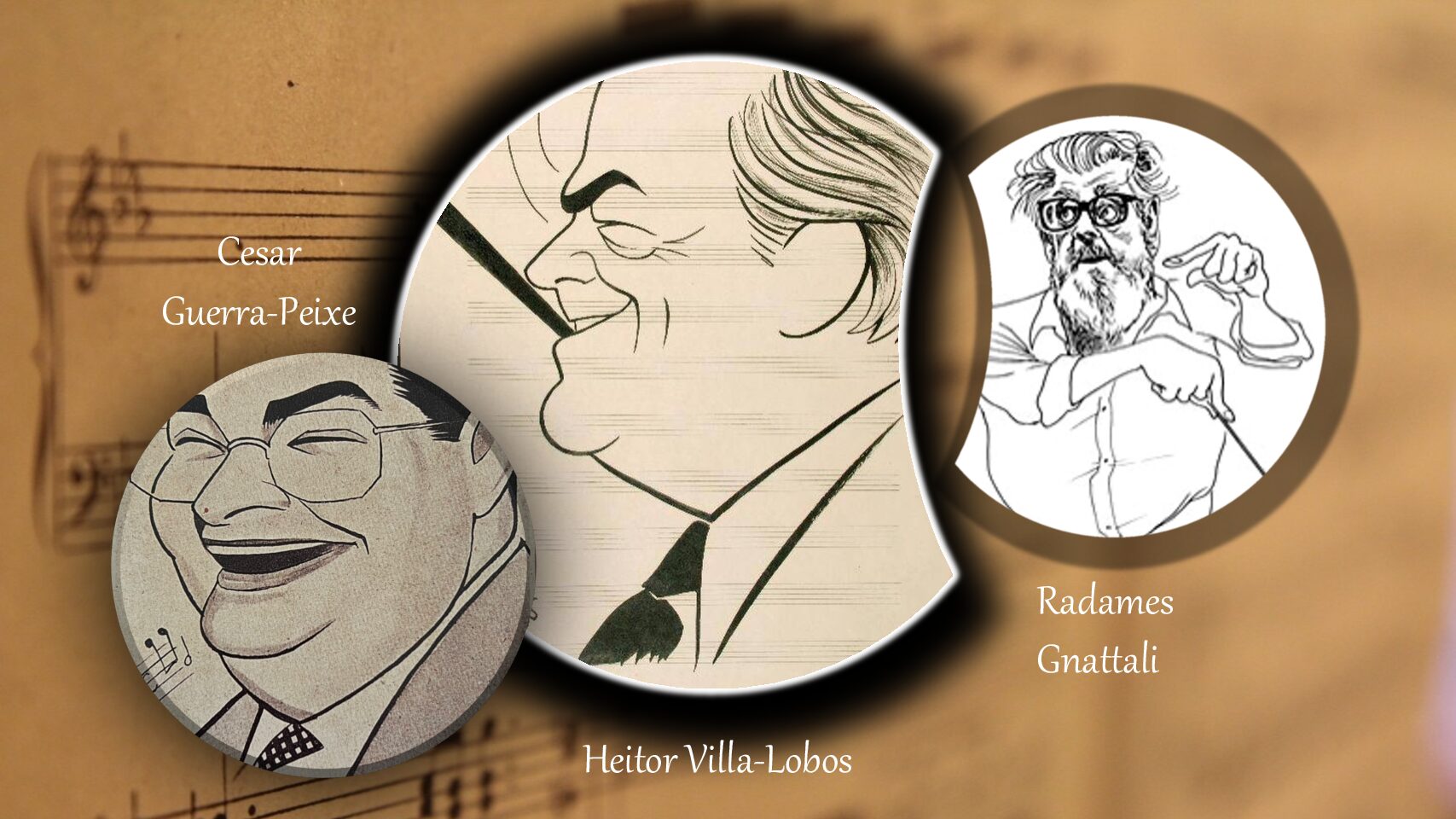
Rio Piano Trio
Date: Wednesday 02nd October 2024
Time: 1pm
Venue: Lion Walk church
Location: Lion Walk Precinct, Colchester, Essex CO1 1LX
Artists: Rio Piano Trio
David Johnson - Violin
David Chew - Cello
Elizabeth Mucha - Piano

César Guerra – Peixe (1914 – 1993) Piano Trio
-
-
-
-
-
-
-
-
- Allego Moderato
- Andante
- Vivace
-
-
-
-
-
-
-
Heitor Villa – Lobos (1887 – 1959) Berceuse – Barcarolla (2nd movement) from Trio no 2
Radamés Gnattali (1906 – 1988) Trio Miniatura
-
-
-
-
-
-
-
-
- Alegre
- Lento
- Vivo
-
-
-
-
-
-
-
Inspired by Brazilian music and especially the classical works of Heitor Villa Lobos, David Chew, a young cellist from Hull, was appointed principal cellist with the Brazilian Symphony Orchestra in 1981. In 1994 he founded the Rio Cello festival with the goal to make classical music accessible to as many people as possible. It was at this fantastic annual event in 2006 where I met and first started performing with violinist David Johnson who has had a distinguished career with the Gürzenich orchestra in Cologne. Together we formed the Rio Piano Trio, and our goal is to share the rich and exciting world of Brazilian classical music with audiences outside of Brazil.
Our programme opens with a piano trio by the violinist, composer, and conductor César Guerra-Peixe. After studying composition and violin in Rio de Janeiro, he flirted briefly with atonal compositional techniques, introduced to Brazil in the 1940s by the German composer Hans-Joachim Koellreutter. Disillusioned by the limitations of serialism, and like many of his contemporaries, he became increasingly interested in creating authentically Brazilian music inspired by local traditional music and culture. He took a job as an arranger and composer at a radio station in Recife in the north-eastern state of Pernambuco which gave him ample opportunities to experience the unique sounds and rhythms of the north-east which he began to incorporate into his own compositions. In 1955 he even wrote a book, “Os maracatus do Recife” about performance genres in northeast Brazil. In 1960 his piano trio won 2nd prize in a trio competition set up by Radio MEC (Music, Education and Culture Radio). Although constructed in a classical manner, the trio is infused with the complex rhythms of the north-east.
Described as ‘the single most significant creative figure in 20th-century Brazilian art music’, Heitor Villa-Lobos is still possibly the most well-known Brazilian composer worldwide. He wrote numerous orchestral, chamber, instrumental, and vocal work, totalling over 2000 works when he died in 1959. Very much a self-taught composer in his early years, Villa Lobos spent the 2nd decade of the 20th century both aspiring to compose in the Western classical music tradition as well as writing works inspired by his seven-year odyssey travelling through Brazil during which he collected thousands of musical themes and folk songs. It would not be till later in his career that he would combine the two sound worlds and create works such as the iconic ‘Bachianas Brasilerias’ (Brazilian Bach pieces).
The 2nd piano trio dates from 1915 of which the 2nd movement is a beautiful melancholic ‘Berceuse-Barcarolla’ reminiscent of French impressionistic music. It also highlights Villa Lobos’ extraordinary abilities as a melodist: a talent which would reach its pinnacle in the famous vocalise from the Bacchianas Brasileiras no 5.
Radamés Gnattali was born in 1906 in the south of Brazil to a family so passionate about classical music that they named three of their children after characters from Verdi operas! After finishing his studies in 1924 at the music conservatory in his hometown of Porto Alegre he made a hugely successful debut with Tschaikovsky’s piano concerto in Rio but found that he couldn’t make a living solely from performing. He embarked on a career composing music for radio and film which eventually resulted in him taking on a full-time position with the National Radio Station of Brazil in 1936 where we worked for the next 30 years as pianist, conductor, composer and arranger. He was often under attack for mixing elements from jazz and Brazilian folk music into his works. Now, however, his unique musical stye is celebrated and performed by artists worldwide including virtuoso pianist Marc-Andre Hamelin.
The Trio Miniatura was composed in 1940. Just under eight minutes long Gnattali melds classical and jazz styles in his own inimitable way to create a unique ‘Brazilian’ sound world.
